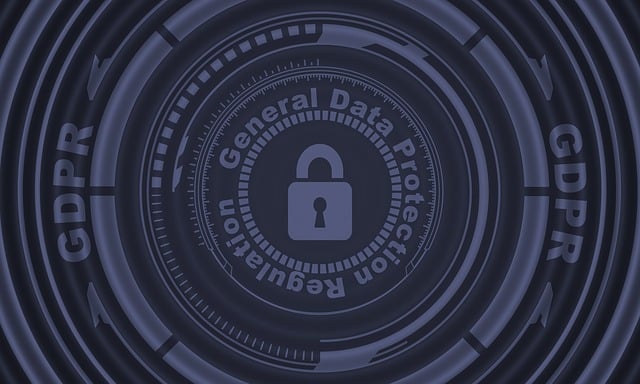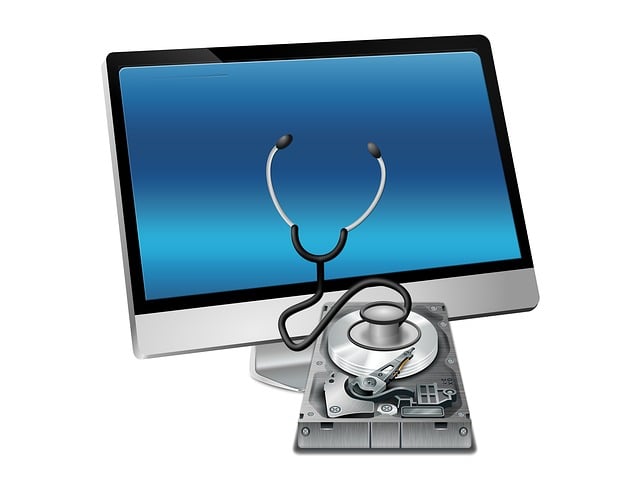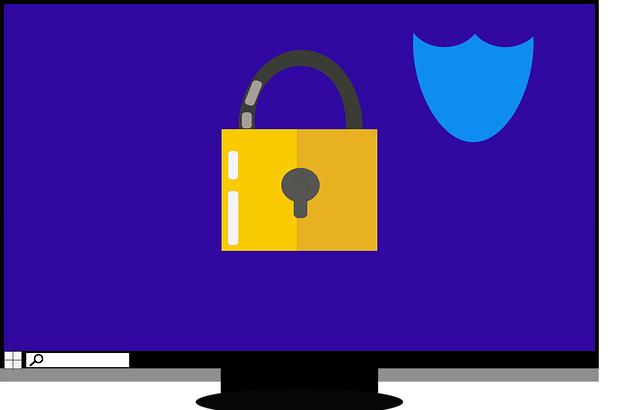Certified Public Accountants (CPAs) face a critical challenge in balancing financial data security with regulatory compliance, especially under stringent laws like GDPR and CCPA. They must adopt robust IT strategies, including encryption, access controls, and regular monitoring, to protect sensitive client information. By implementing these measures, CPAs ensure adherence to legal obligations, build trust with clients, and stay ahead in the dynamic digital era. Effective data governance practices, continuous updates, and tailored staff training are key to maintaining compliance and mitigating risks associated with data breaches.
“In the digital age, CPAs face unprecedented challenges in ensuring their financial IT systems adhere to stringent regulatory compliance requirements. This article guides you through the intricate process of navigating these regulations, focusing on data protection laws and privacy. We’ll explore essential steps, from identifying relevant legislation like data protection laws to implementing robust data governance practices.
Learn how secure information systems, network infrastructure, continuous monitoring, auditing, and training are vital components in helping CPAs maintain integrity and trust in their financial operations.”
- Understanding Regulatory Compliance for CPAs in Financial IT
- Data Protection Laws: A Focus on Privacy and Security
- Identifying Relevant Regulations for Financial Institutions
- Implementing Strong Data Governance Practices
- Ensuring Secure Information Systems and Network Infrastructure
- Continuous Monitoring, Auditing, and Training for CPA Firms
Understanding Regulatory Compliance for CPAs in Financial IT

For Certified Public Accountants (CPAs), navigating the complex landscape of financial IT systems and regulatory compliance is paramount. With an ever-evolving array of data protection laws, such as GDPR and CCPA, CPAs must ensure their digital infrastructure safeguards sensitive financial information while adhering to strict regulatory frameworks. This involves a multifaceted approach that includes robust data encryption, secure storage solutions, and stringent access controls to maintain the integrity and confidentiality of client data.
Regulatory compliance in financial IT isn’t merely about meeting legal requirements; it’s also about fostering trust among clients and stakeholders. CPAs need to implement effective accounting compliance IT tools that streamline processes, enhance transparency, and demonstrate a commitment to CPA file security. By adopting these measures, CPAs can ensure their practices remain not just compliant but also innovative, leveraging technology to deliver superior services while mitigating potential risks associated with data breaches or non-compliance.
Data Protection Laws: A Focus on Privacy and Security

In the digital age, data protection laws have become a cornerstone of regulatory compliance for CPAs. With sensitive financial information at stake, ensuring privacy and security is paramount. These laws, such as GDPR in Europe and CCPA in California, mandate robust measures to safeguard personal data, including encryption protocols, access controls, and comprehensive audit trails IT systems. Regular compliance monitoring is essential to identify and rectify any vulnerabilities or breaches promptly.
CPAs play a pivotal role in implementing these regulations within their organizations. They must ensure that the IT infrastructure for financial reporting is designed with privacy as a core principle. This involves establishing clear data governance policies, conducting regular security audits, and training staff on data protection best practices. By adhering to these measures, CPAs can not only meet regulatory requirements but also build trust with clients, demonstrating their commitment to protecting sensitive financial information.
Identifying Relevant Regulations for Financial Institutions

Financial institutions, including accounting firms providing services to clients under data protection laws, must navigate a complex web of regulations when it comes to their IT systems. CPAs play a pivotal role in ensuring compliance, as they are responsible for upholding not only internal policies but also external legal requirements. The first step in this process is identifying the relevant regulations that apply to financial institutions and their operations.
Relevant regulations often include data protection laws, which govern how personal and sensitive information is handled and stored. For CPAs, understanding data retention policies and implementing robust access controls within their IT systems is essential. This involves establishing secure protocols for storing accounting records, ensuring only authorized personnel have access to confidential client data, and maintaining detailed logs of system activity. Such measures not only support regulatory compliance but also provide valuable IT legal support for CPAs navigating the ever-changing landscape of financial regulations.
Implementing Strong Data Governance Practices

Implementing robust data governance practices is a cornerstone for CPAs aiming to ensure their financial IT systems adhere to regulatory compliance requirements. With the ever-evolving landscape of data protection laws, such as GDPR and CCPA, maintaining meticulous controls over sensitive financial data is not just a best practice—it’s crucial. This involves establishing clear policies governing data access, storage, and disposition, ensuring only authorized personnel can interact with critical information.
Strong data governance incorporates regular IT audits for accountants, meticulously documenting and preserving audit trails IT. Engaging specialized legal support for IT matters empowers CPAs to navigate complex regulatory environments effectively. By integrating these measures, professionals in the field can foster a culture of compliance, safeguarding client data while mitigating potential risks associated with non-adherence.
Ensuring Secure Information Systems and Network Infrastructure

To ensure regulatory compliance, CPAs must prioritize the security of their information systems and network infrastructure. This involves implementing robust cybersecurity measures to protect sensitive financial data from unauthorized access, use, disclosure, disruption, modification, or destruction. It’s crucial to stay updated with evolving data protection laws, such as GDPR and CCPA, which mandate strict standards for data privacy and security.
Investing in a secure IT environment for financial reporting is vital. This includes regularly updating software and systems to patch vulnerabilities, employing encryption technologies, and configuring access controls to ensure that only authorized personnel can access sensitive information. With the help of IT legal support, CPAs can navigate complex regulatory requirements, ensuring their data systems comply with all necessary standards.
Continuous Monitoring, Auditing, and Training for CPA Firms

To ensure financial IT systems meet regulatory compliance requirements, Continuous Monitoring (CM) is an indispensable practice for CPA firms. CM involves real-time tracking and analysis of system activities, allowing CPAs to quickly identify and address potential non-compliance issues. By implementing robust data protection laws like GDPR and CCPA, CPAs can safeguard client information and maintain the integrity of their regulatory data systems. Regular Audits are another critical component, providing a systematic way to evaluate adherence to internal policies and external regulations. These audits not only pinpoint vulnerabilities but also serve as educational opportunities for staff, fostering a culture of compliance within the firm.
Training programs tailored to data protection laws and regulatory data systems are essential for CPA file security. By staying abreast of evolving legal requirements, CPAs can ensure their teams have the knowledge needed to implement effective controls. Continuous Training sessions help maintain this expertise, enabling firms to adapt quickly to changes in compliance monitoring landscapes. This holistic approach—combining CM, Auditing, and Training—is vital for CPAs to not only meet but exceed regulatory expectations, thereby preserving client trust and maintaining their professional integrity.
